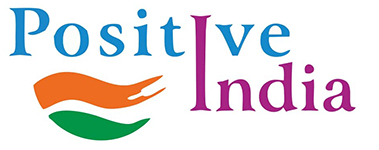
Modi Govt Gives National Status To Gujarat Ayurved University
Gujarat Ayurved University campus, Jamnagar, gets National Status.

Positive India:New Delhi:
The Union Cabinet, chaired by the Prime Minister Narendra Modi, has given its approvalto confer the status of Institution of National Importance to the Institute of Teaching and Research in Ayurveda Jamnagar by conglomerating the cluster of Ayurveda Institutes at Gujarat Ayurveda University campus, Jamnagar , namely, (a) Institute for Post Graduate Teaching and Research in Ayurveda (b) Shri Gulabkunwerba Ayurveda Mahavidyalaya and (c) Institute of Ayurveda Pharmaceutical Sciences including Pharmacy Unit and to subsume the Maharshi Patanjali Institute for Yoga & Naturopathy Education & Research into the Department of Swasthvritta of the Institute of Teaching and Research in Ayurveda.
The Bill to that effect is to be introduced in the ensuing Session of Parliament to declare Institute of Teaching and Research in Ayurveda, Jamnagar as Institution of National Importance.
Considering the rapidly growing role of AYUSH Systems in addressing the Public Health challenges of India, conferring the status of National Importance will boost the role and importance of Ayurveda in Public Health. The strengthening of Ayurveda will reduce government expenditure on health as Ayurveda is cost-effective because of its preventive and curative approaches.
There is rising interest and demand for knowledge and services of Ayurveda all over the world. India is the country of origin of Ayurveda and the world is looking up to India to showcase state of art institutions providing international level education and training in Ayurveda. Elevation of the proposed Institute to the status of Institution of National Importance will provide it the autonomy to upgrade standard of Ayurveda education, frame various courses in Ayurveda as per national and international demand, adopt advanced evaluation methodology, etc. It will have the mandate to frame its own certification courses for deeper penetration of AYUSH across masses and will give the capacity to bring out the unrealized potential of Ayurveda for addressing the major public health challenges faced by the country. It will help the institute to develop tertiary care in Ayurveda and to secure inter-disciplinary collaborations to give a contemporary thrust to Ayurveda.


